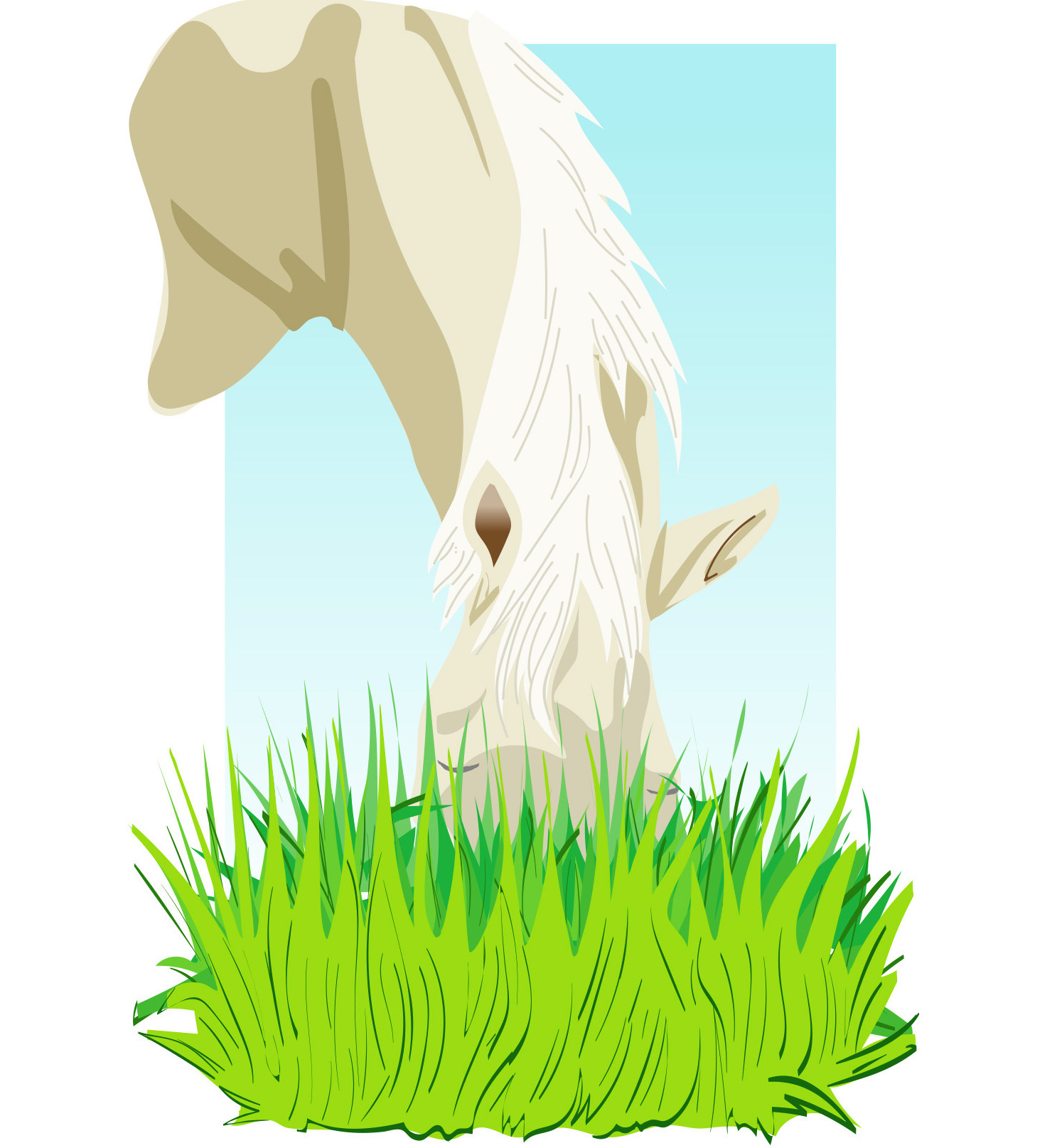
1. True or false: You can safely feed grass clippings to your horse.
T / F
2. What is it about grass clippings that can lead to gas colic?
A) Evaporation.
B) Fermentation.
C) Condensation.
3. Grazing on green grass for several hours or more every day will assure your horse receives adequate amounts of…
A) salt.
B) vitamin C.
C) vitamin E.
4. True or false: Horses with Cushing’s disease, equine metabolic syndrome, or a history of laminitis are especially at risk if they eat too much green grass.
T / F
HOW’D YOU DO? (Answers below.)
1. T is correct—but ONLY if you first spread the clippings out to dry thoroughly, then feed them in small batches. Otherwise, feeding grass clippings to your horse can lead to colic or laminitis.
2. B is correct. The fermentation of wet grass clippings is what can lead to gas colic. Also, horses will gorge on grass clippings if fed in bulk, which could also lead to impaction colic or laminitis.
3. C is correct. Green grass is an excellent source of vitamin E. Vitamin C is synthesized from glucose by your horse’s liver, and horses need access to a salt block to meet their daily salt requirements.
4. T is correct. Rich, green pasture can trigger or worsen any of these conditions. If the suitability of grass for your horse is in question, ask your veterinarian for advice—especially concerning the possible use of a grazing muzzle.
[HERE’S HELP: Grazing muzzle do’s and don’ts.]
Hey! Not already receiving H&R’s fun and informative newsletter? Sign up right now for The Ride. It’s free!






